One major feature Pokemon TCG Pocket is still missing is the ability for players to trade cards with each other. With “Trading Card Game” in the game’s name, it’s surprising to see Pokemon TCG Pocket lack a trading feature for so long after its release. However, the feature has been confirmed by the developers to be coming sometime this month, but it may not take the exact form many players were hoping it would if a recent rumor turns out to be true.
A recent Pokemon TCG Pocket rumor suggests that only diamond and one-star cards will be tradeable when the function launches. This restriction would mean some of the rarest cards in the game, like Pokemon TCG Pocket‘s full-art Ex cards, wouldn’t be tradeable, which may be disappointing for some players hoping to use trading to complete their collections. This approach to trading may actually be for the best, as it could help prevent Pokemon TCG Pocket players from exploiting the trading system to their advantage.
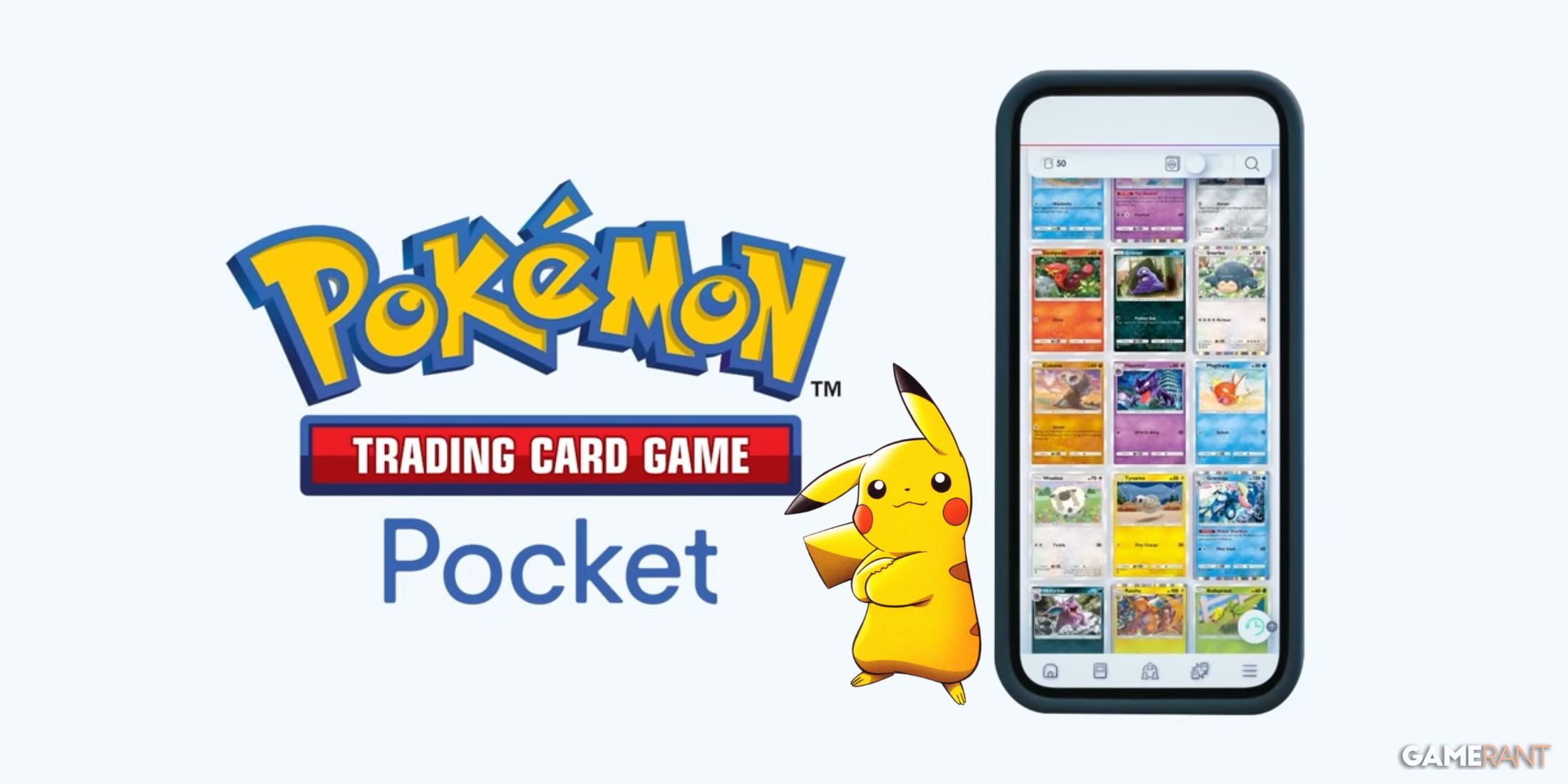
Related
One Pokemon TCG Pocket Feature Could Be a Knockout with a Simple Change
PokemonTCG Pocket is full of amazing features, but there is one in particular that, if changed, could become one of the game’s bigger attractions.
Pokemon TCG Pocket Restricting Trades for Rare Cards May Be for the Best
Restricting Trade for Rare Cards Could Help Prevent Exploits
While this information has yet to be confirmed by DeNA or The Pokemon Company, there is reason to believe it is true based on the developer’s statement that only some cards will be tradeable when trading was first confirmed to be coming in January 2025. With how volatile the market for physical Pokemon TCG cards has been in recent years, it makes sense that Pokemon TCG Pocket would want to take precautions to avoid situations where players could potentially exploit the trading system to gain an unfair advantage in the game. For example, players could have multiple accounts across different devices solely for the purpose of hoarding all of their rare cards on their main account.
Another obvious issue that could arise from the game’s rarest cards being tradable is the creation of third-party sites selling these in-game cards to players. Games with massive in-game economies such as World of Warcraft and Path of Exile 2 already deal with the issue of third parties selling the games’ best items to players without the developers seeing a cut of the profits. With how popular the Pokemon TCG is, it’s likely The Pokemon Company wants to avoid this scenario with TCG Pocket‘s trading system.
Pokemon TCG Pocket May Want to Avoid Another Animal Crossing: New Horizons Situation
Nintendo is no stranger to third-party item trading sites developing around its games, with Animal Crossing: New Horizons infamously spawning the unlicensed Nookazon website where players could buy and sell various items and even villagers for in-game currency. While this fan-made hub for trading is innocent enough, the hype around Animal Crossing: New Horizons‘ villagers expanded far beyond the desire to trade in-game items and currency for them on a site like this. Some players were even willing to spend real-world money on popular Animal Crossing villagers like Raymond through sites like eBay, which is a far cry from the in-game trading encouraged by Nookazon.
It’s easy to see how a trading system that allows Pokemon TCG Pocket players to swap the game’s rarest cards could devolve into players paying real-world money for them via third-party sellers. While it’s possible that Pokemon TCG Pocket eases any potential restrictions on trading after the feature has had time to be tested by players, it seems unlikely the rarest of the rare cards will ever be tradeable to avoid situations such as this. Although this approach could make it more difficult for some players to fully complete their collections, it may be necessary if Pokemon TCG Pocket wants to keep any third-party trading sites that develop in check.
Source link
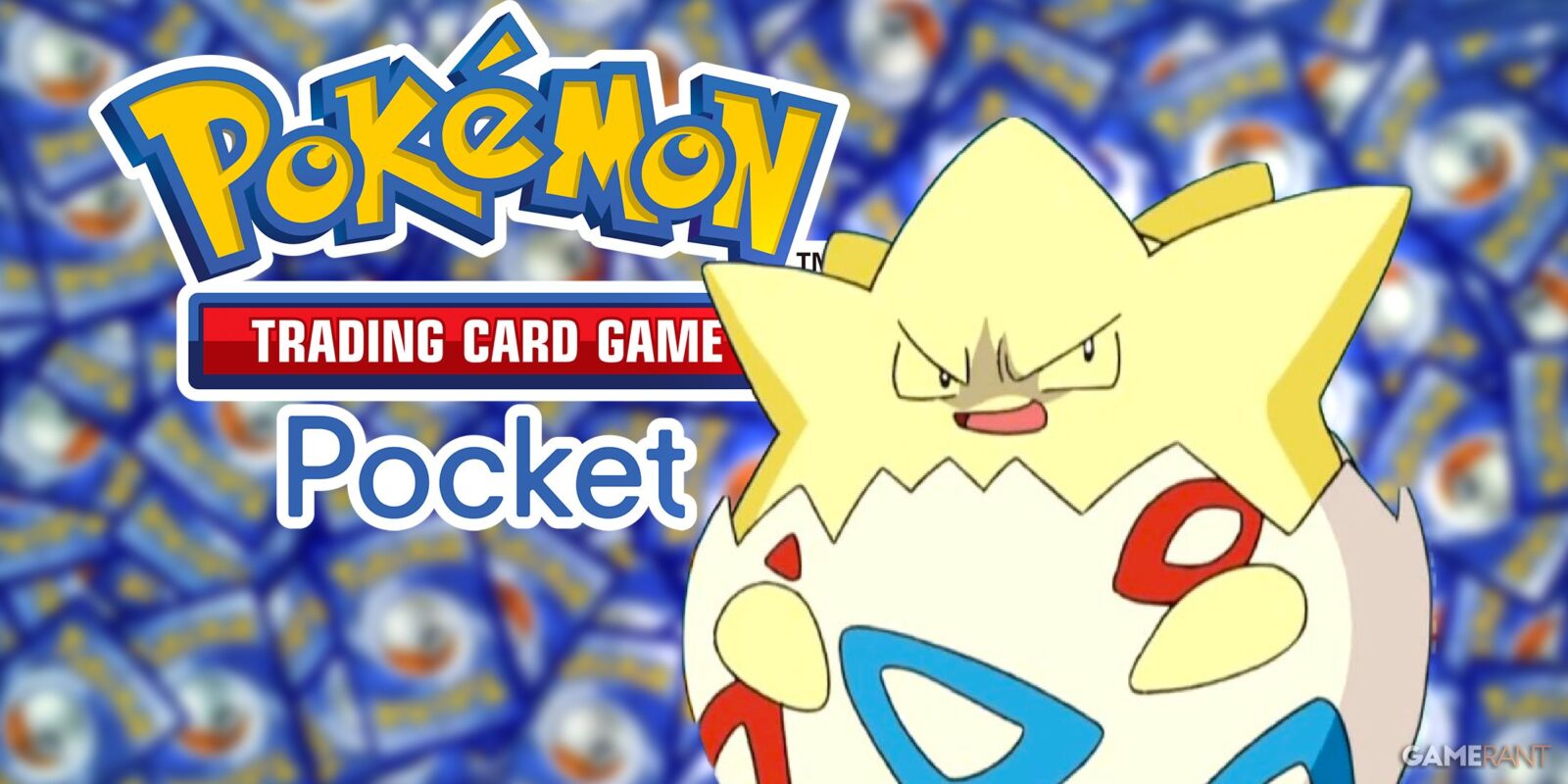
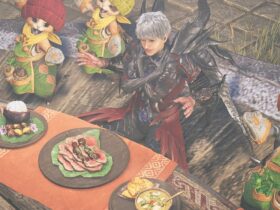
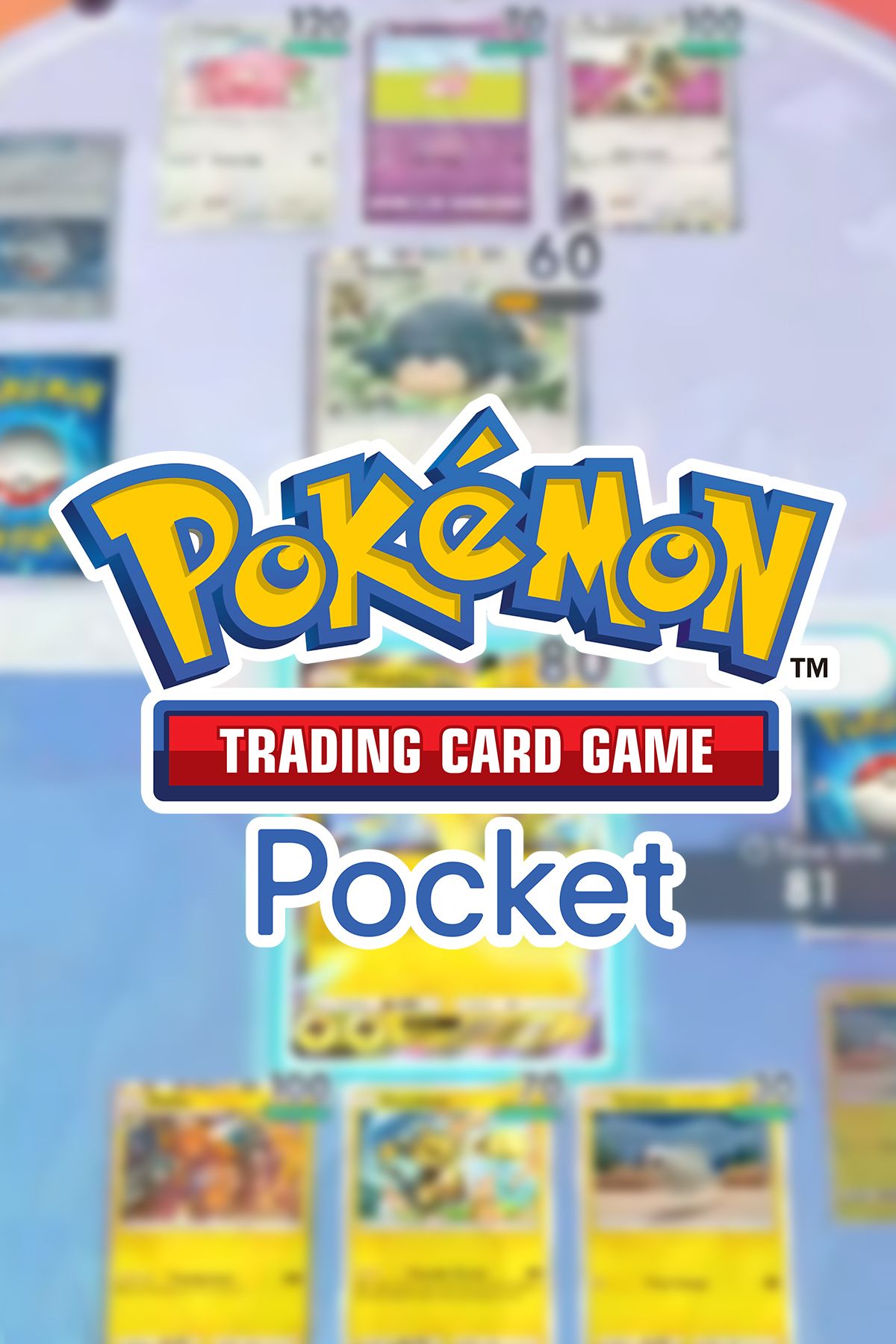







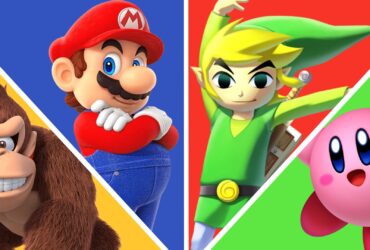



Leave a Reply